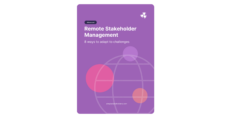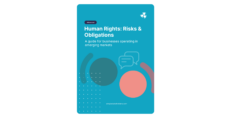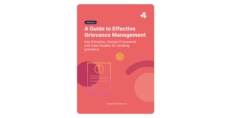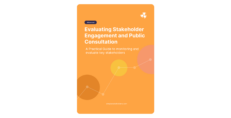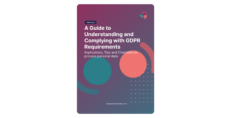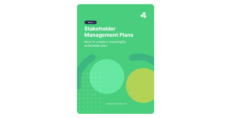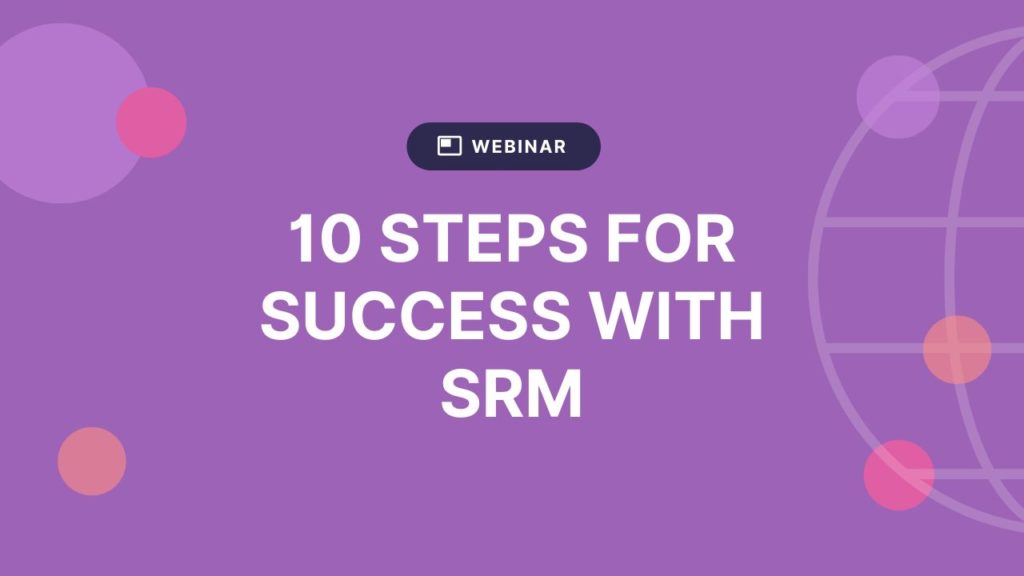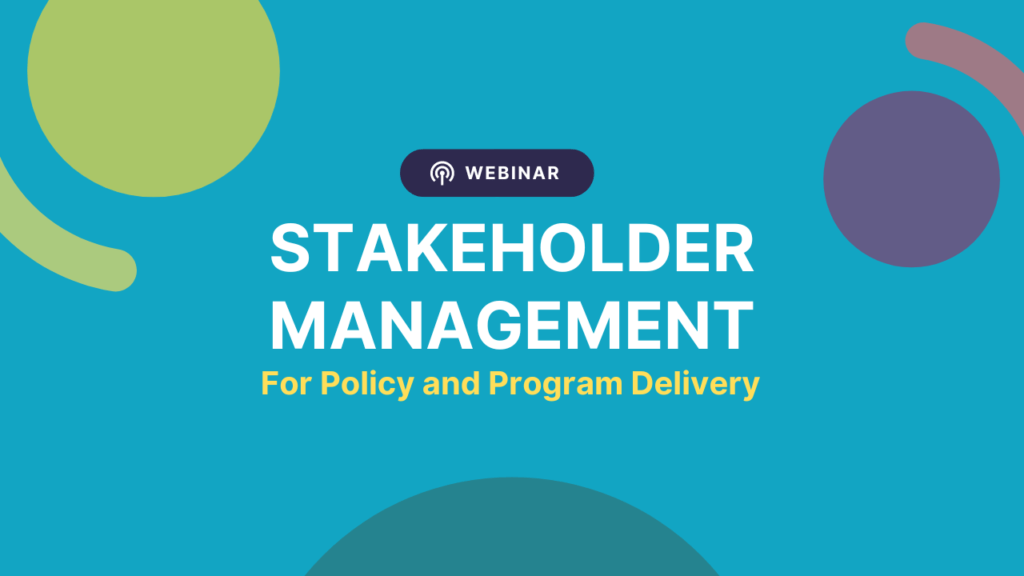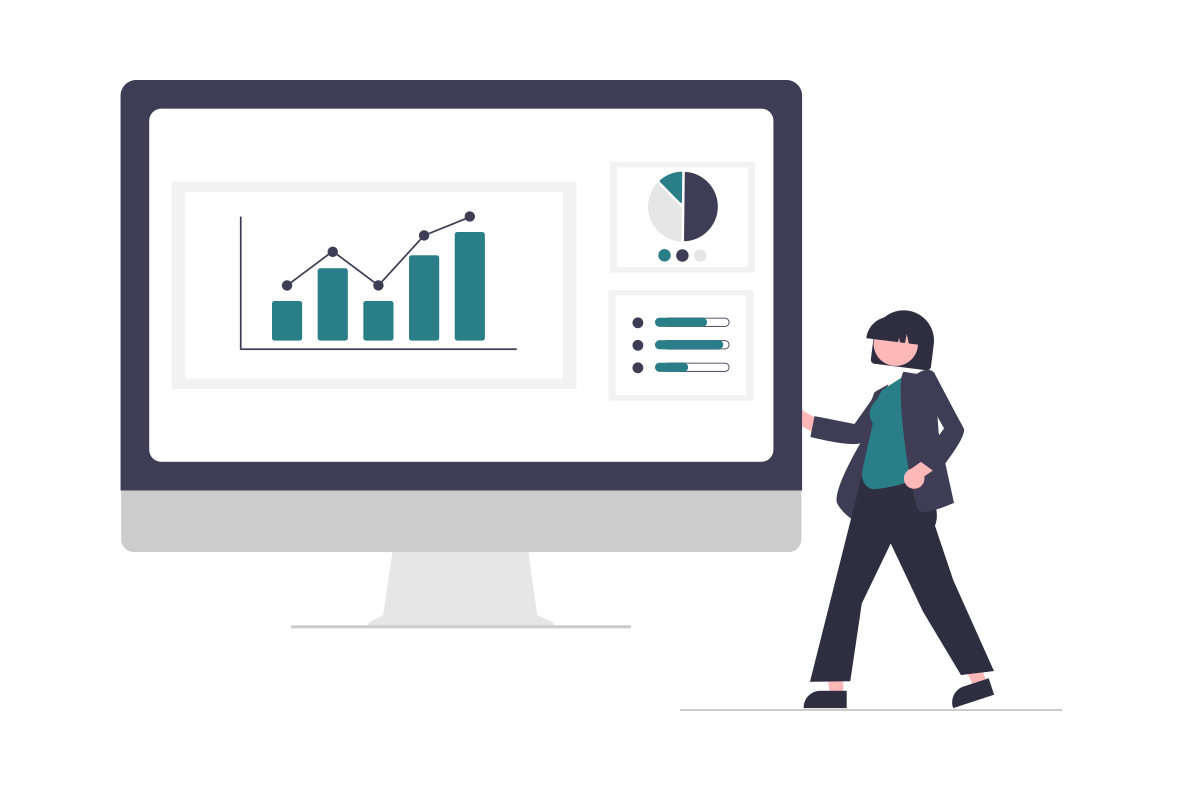What is Relationship Intelligence Software?
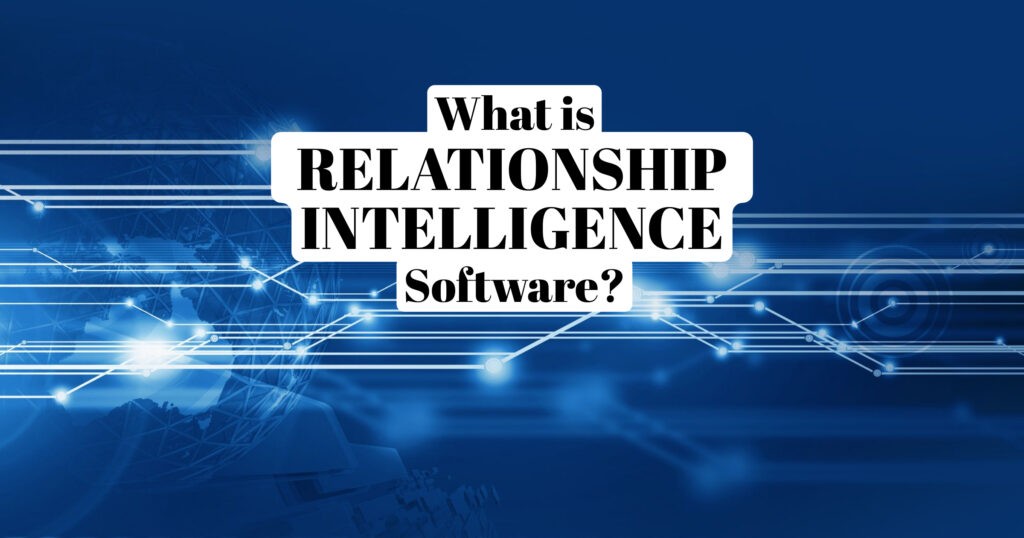
Curious about the latest breed of business tools known as relationship intelligence software? Wondering if the technology is right for you?
Relatively speaking, relationship intelligence is a newcomer to the marketplace — but with more software providers adopting AI-integrated components, deeper relationship insights are becoming available in relationship management tools. If you don’t yet have relationship intelligence enabled in your existing tools, you can expect to see it soon.
So, let’s take a closer look at what it is, how it works, and some of the most common use cases.
What is Relationship Intelligence Software?
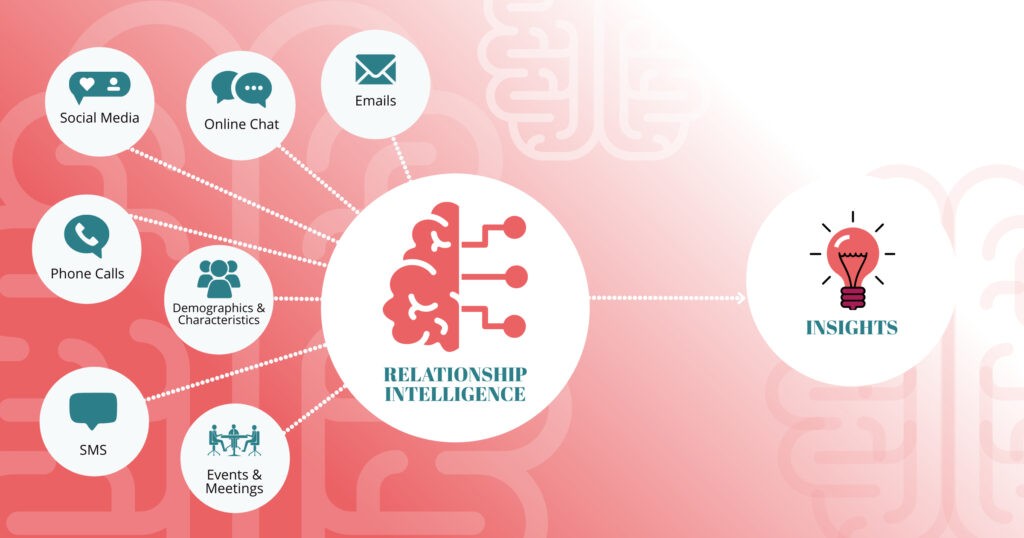
In the context of software, ‘relationship intelligence’ refers to insights based on data recorded in software, which may include interactions, demographic data, and more.
This means that relationship intelligence software is more than just a traditional CRM that records information. It goes to the next level beyond just storing information, to using that information to make meaning. And it often uses AI-enabled tools to deliver insights into relationships.
You might come across different types of relationship intelligence software. The most common would be CRMs, which are geared towards the sales and marketing process, providing insights into decision makers and the sales pipeline. Others may be specifically geared towards investor management and intelligence. And still others (like Simply Stakeholders) can help you gain insights into a wide variety of stakeholder and business relationships.
In fact, relationship intelligence components could be found in any software that tracks or manages relationships.
Why Do We Need Relationship Intelligence?

So, what’s the big deal about relationship intelligence software?
For a start, we have a lot more data today than we used to. This might sound like a good thing, but more data isn’t always better — in fact, it can complicate things pretty quickly if you don’t have an efficient way to organize and analyze the data. That’s especially true of relationship data, where relationship management software might be continually collecting or integrating a variety of data types from a variety of relationships.
On top of demographic details, contact info, and shared relationship data, many organizations are storing data from their interactions with stakeholders, gathered across multiple platforms and channels. This includes:
- Emails
- Online chat
- Facebook comments/messages
- LinkedIn comments/messages
- Phone call recordings/transcripts
- SMS messages
- Interactive online webinars
- Notes taken from face-to-face meetings
- Attendance at in-person events
When properly organized and analyzed together, this data can allow an organization to develop a better understanding of individuals and their relationships with them. It can highlight which relationships are stronger, any opportunities to add value, and new ways to build connections.
Unfortunately, a lot of that relationship data is hard to capture and easy to forget or lose track of. It’s also very tricky to record it in a way that leads to actionable insights.
In fact, we’d argue that bringing various relationship data together and making sense of it isn’t practical without artificial intelligence.
Before the days of relationship intelligence enabled software, it was near-impossible for companies to track and analyze their relationships, especially at a larger scale. Now, relationship intelligence software creates a system that can collect various relationship data and make sense of it in a way that delivers insights, real business value, and a competitive advantage.
So, if relationships matter for your organization’s processes (whether stakeholder engagement, business relationships, or something else), you can’t afford to sit back and wait for your competitors to start using these tools first.
The CRM Use Case for Relationship Intelligence Software
It’s worth spending some time talking about CRMs, since they are one of the most common places you’ll find relationship intelligence software at present. CRMs are used to grow, retain, and nurture potential customers in order to boost sales and profits. Integrating relationship intelligence or AI into a CRM system has huge potential, such as the ability to:
- Minimize manual data entry tasks and manage large volumes of data effectively
- Instantly analyze a large volume of data (including qualitative data)
- Analyze complex data (such as an interconnected web of relationships)
- Identify the customers most likely to buy, based on patterns of behavior and data modelling
- Predict customer lifetime value
- Provide a more personalized customer experience with tailored offers and messages to individual customers (on a large scale)
- Make it easier for staff users to apply data insights and take action with insights provided in natural language
As the accuracy of these relationship intelligence models increases, the greater value users can generate from them. It’s fair to say that relationship intelligence software is likely the CRM of the future.
That said, they aren’t the only place you’ll find relationship intelligence, or necessarily the most suitable for every use case.
By the way, if you’re ready to look into CRM alternatives, you might like to check out our article, Time to Upgrade Your CRM to Enterprise Relationship Management Software?
The Stakeholder Tool Use Case for Relationship Intelligence
A stakeholder and business relationship management tool like Simply Stakeholders has many similar use cases to a CRM when it comes to relationship intelligence. By integrating AI models into an SRM, you can do so much more. Some of the capabilities that we’re particularly excited for include:
- Automating data entry tasks
- Keeping your data organized and making it easier to find relevant contacts
- Analyzing much bigger quantities of data, across multiple data points and formats (that includes qualitative data like written survey responses, comments, transcripts, and emails)
- Layering additional relationship insights on top of existing models such as relationship network maps, stakeholder analysis, and stakeholder mapping using interest/impact/influence
- Producing an easy-to-understand ‘relationship score’ for each contact
- Predicting stakeholder sentiments, issues, and responses
- Recommending relationship opportunities to develop further
- Focusing on the right stakeholders or business contacts at the right time
- Stopping important relationships from falling through the cracks
- Generating reports with meaningful and actionable insights
On top of these benefits, the automation and efficiency means that teams will likely have more time to use towards building those relationships in a really authentic, human way. Which is, perhaps, the most important sign of a successful AI-enabled tool.
Predicting the Evolution of Relationship Intelligence Software

CRMs initially paved the way as a relationship management tool geared at sales and marketing. Similarly, this industry is also paving the way in relationship intelligence software. Why? A few reasons:
- It’s a large market with lots of customers
- The software is quite mature
- There’s a lot of competition, with hundreds of CRM tools available and easily accessible
- Relationship intelligence could lead to closing more sales (therefore, customers are willing to pay for it)
But other types of relationship management tools (like Simply Stakeholders) are gradually incorporating relationship intelligence tools, too. And we predict that this will continue, with relationship intelligence becoming a default feature inside every relationship management tool.
Simply Stakeholders’ Relationship Intelligence Software Capabilities
Simply Stakeholders is a pioneer in this space, first introducing AI-enabled insights to our software back in 2019 (even before many CRMs began introducing AI!), and more recently launching additional tools to support relationship analysis.
We’re excited for all that the future holds in this space and look forward to sharing more!
In the meantime, if you’re looking for a business or stakeholder relationship management platform that’s equipped with relationship intelligence tools, why not reach out to our team? We’d love to take you through a demo and share more about what you can do with our software.








